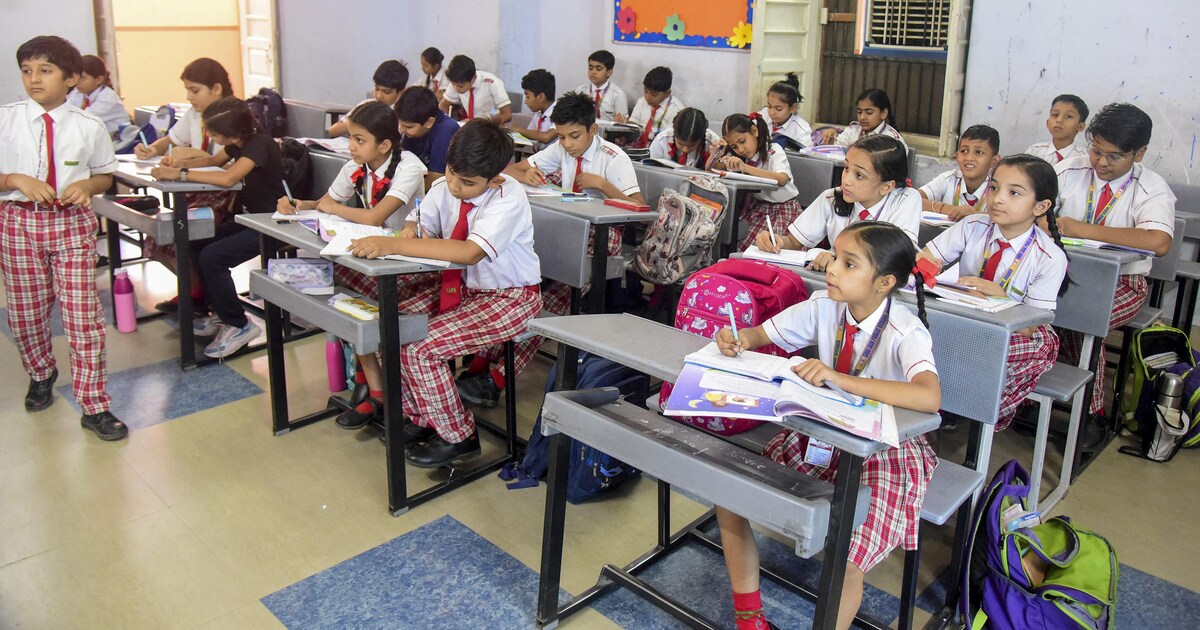NEP 2020@5: Can India Truly Prioritize School Health & Wellbeing?

Five years after the implementation of the National Education Policy (NEP) 2020, it's time for a critical assessment. While the policy outlined ambitious goals for holistic education, including a robust focus on student health and wellbeing, the ground realities paint a more complex picture. This article explores the progress, challenges, and potential solutions to ensure NEP 2020's vision for healthy and thriving students becomes a reality.
The Promise of NEP 2020: A Holistic Approach
NEP 2020 recognized that true learning isn't just about academics. It emphasized the importance of physical, mental, and emotional wellbeing in shaping well-rounded individuals. The policy envisioned integrating health and wellness programs into the school curriculum, promoting healthy lifestyles, and providing mental health support to students and teachers alike. Key aspects included:
- Comprehensive Health Check-ups: Regular health screenings to identify and address potential health issues early on.
- Yoga and Mindfulness: Integrating these practices into the daily routine to promote stress management and emotional regulation.
- Nutrition Education: Teaching students about healthy eating habits and the importance of balanced diets.
- Mental Health Support: Establishing counseling services and training teachers to identify and support students struggling with mental health challenges.
The Reality Check: Challenges in Implementation
Despite the noble intentions, the implementation of NEP 2020's health and wellness components has faced several hurdles. These include:
- Resource Constraints: Many schools, particularly in rural areas, lack the necessary infrastructure, equipment, and trained personnel to implement comprehensive health programs.
- Teacher Training: A significant gap exists in training teachers to effectively integrate health and wellness into their teaching practices and to recognize signs of mental health distress in students.
- Awareness and Acceptance: Stigma surrounding mental health remains a barrier in many communities, hindering students from seeking help.
- Coordination Challenges: Effective implementation requires collaboration between various stakeholders, including schools, healthcare providers, and community organizations, which can be difficult to achieve.
- Data & Monitoring: Lack of robust data collection and monitoring mechanisms makes it difficult to track progress and identify areas requiring improvement.
Taking the Bold Leap: Recommendations for the Future
To truly realize the vision of NEP 2020, a renewed and focused effort is needed. Here are some recommendations:
- Increased Investment: Allocate more resources specifically for school health and wellness programs, focusing on underserved areas.
- Targeted Teacher Training: Develop comprehensive training programs for teachers on health promotion, mental health awareness, and early intervention strategies.
- Community Engagement: Involve parents, community leaders, and healthcare professionals in promoting health and wellbeing within schools.
- Leveraging Technology: Utilize technology to deliver health education, provide remote counseling services, and monitor student wellbeing.
- Strengthening Data Systems: Establish robust data collection and monitoring systems to track progress, identify challenges, and inform policy decisions.
- Public Awareness Campaigns: Launch campaigns to reduce stigma around mental health and encourage students to seek help when needed.
Conclusion
The next five years are crucial for ensuring NEP 2020’s health and wellbeing goals translate into tangible benefits for Indian students. By addressing the existing challenges with courage and clarity, and by embracing innovation and collaboration, India can take a bold leap towards creating a generation of healthy, resilient, and thriving learners. The time for action is now.






